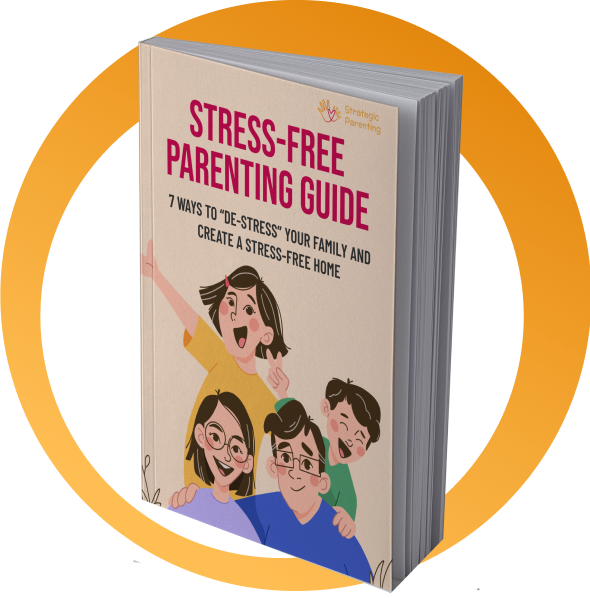Hi, I’m Marko Juhant, and you probably don’t know me yet. I have an amazing story to tell you, so keep reading.
I come from Slovenia – a small country in Europe that’s known for raising a disproportionately large number of superstars with a population of only 2 million people.
You might have heard of Luka Dončić, Luka Pogačar, Primož Roglič, Slavoj Žižek, Anže Kopitar or Tina Maze, to name a few…
Slovenian parents use a different approach to parenting that helps us raise happy and wildly-successful kids, that gets kids to listen without resistance, and reach their full potential.
Over the past 40 years, I’ve seen it all. I worked with tens of thousands Slovenian parents to help them raise happy and successful kids.
I worked as a principal in a youth home for problematic kids for 2 decades, where I’ve faced every possible challenge I could. I led countless summer camps that were widely known as “the best summer camps in Slovenia”.
But I always wanted to share my knowledge with more parents and teachers. So I started writing. I wrote 16 best-selling parenting books on every possible parenting challenge.
Then, I started speaking. Every year, I deliver more than 500 workshops at schools and kindergartens across the country. I drive from one city to another, often to 3 different cities a day.
After a while, parents started calling me on the phone and emailing me, asking for help. They said they didn’t know who else to turn to, that I was their last hope. So, I drove to their homes, spent time with them and their kids, and helped overcome their parenting challenges.
It often brought tears to my eyes when I saw that kids who just wouldn’t listen no matter what they tried turned into kids who happily followed their parents’ instructions, within days, and right in front of my eyes. It brought me so much joy to see family after family come back together and cooperate in a loving, kind way that even they didn’t think was possible for them.
Still, I wanted more. Over the last 3 years, I poured all of my knowledge into dozens of online parenting courses (on getting your kids to listen, motivating your kids, raising teenagers,…), e-books, products, challenges and specific programs that helped over 120,000 parents all over the world raise happy and successful kids.
I’m not a supporter of the theory that’s impossible to use in practice, or of needlessly spoiling children. I advocate healthy common sense and practical methods and procedures that are efficient in use.
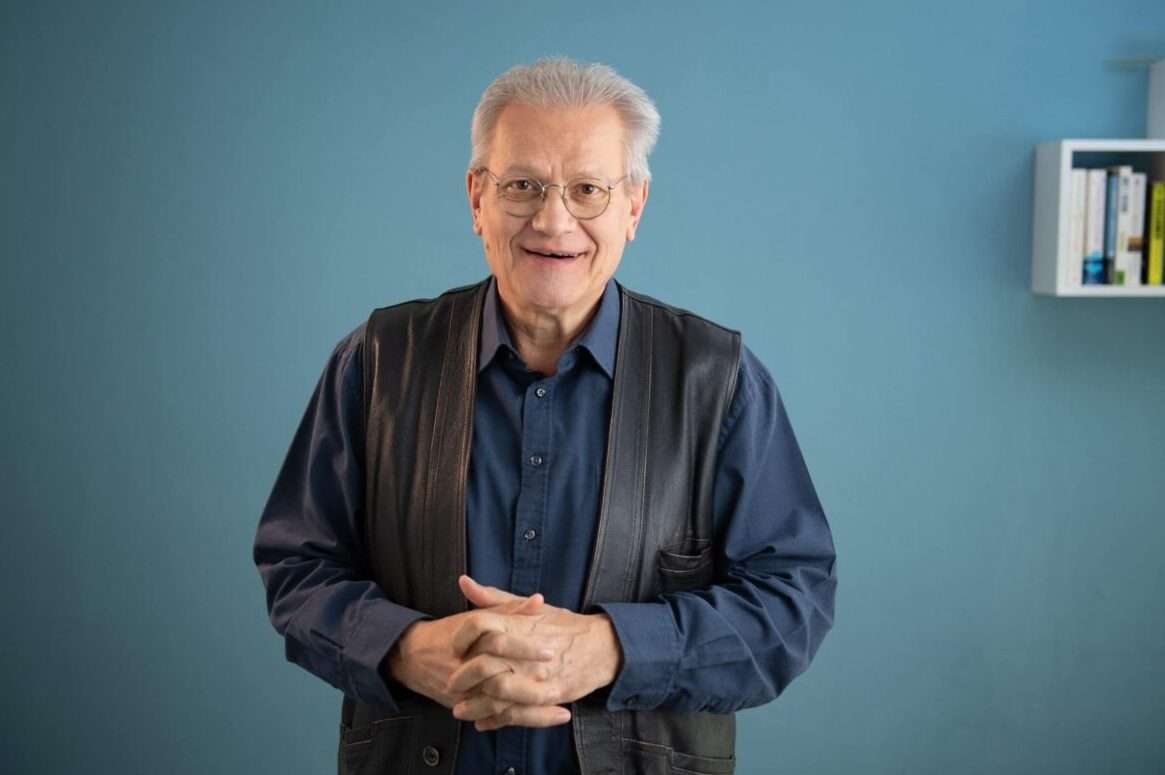
Growing up in a village, I was among the more carefree children as my parents didn’t have a farm or craft. My parents granted me a lot of freedom and my childhood was full of adventures by the river, making tree houses, boats, and all the other things little boys do.
My main hobby, when I was around 10 years old, was making boats. And I made many of them—some very successfully, and some less so. Some of them fell apart, others got stolen, but I never cared about the end result. What I enjoyed was the creative process, the experimenting and discovering what will work and what won’t.
And despite all this freedom, I never “crossed the line”. Later in life, I wondered why I never took advantage of my freedom to do some serious mischief. I knew that there had to be a reason.
When the time came for me to go to high school, I knew I was interested in electricity. When I wanted to enrol, I discovered I was colourblind. Only then did I understand why I never gathered as many strawberries as my friends, and why I was never quite sure when cherries were fully ripe.
Because so many aspects of electronics are colour coded, I couldn’t continue down this path. I ended up enrolling in a carpentry school and living in a dormitory. I survived in the dormitory for exactly one week.
I hated it. The educators working there were horrible and scary—seemingly maintaining order when, in fact, our “relationship” was based on us tiptoeing around them, never knowing when we might do something wrong. Their expectations were confusing and nothing was made clear. I was disappointed and thought to myself, “I’d do a better job handling these teenagers than they do.”
By the end of my senior year, I figured out that that was what I wanted to do. I enrolled in the Faculty of Education and finished a dual-degree programme in education and upbringing in residential homes, as well as behavioural and personality disorders.
I dedicated the first 10 years of my working life to working in a residence hall for high school children. I started as an educator and later became the deputy principal. I also spent 10 years as the head educator in a youth home for special needs children before establishing my own company.
In the beginning, I spent most of my time giving lectures to parents and teachers about working with children with behavioural disorders.
I did home visits where I’d meet the family, assess the situation, and then help them solve the parenting and behavioural issues that troubled their family life.
I was the only one who guaranteed results and change after concluding my programme. If we failed to achieve the goals we set, I gave the parents back their money.
This happened very rarely as I always demanded the parents’ full cooperation, engagement, honesty, and effort. And with this attitude, we overcame even the most difficult situations.
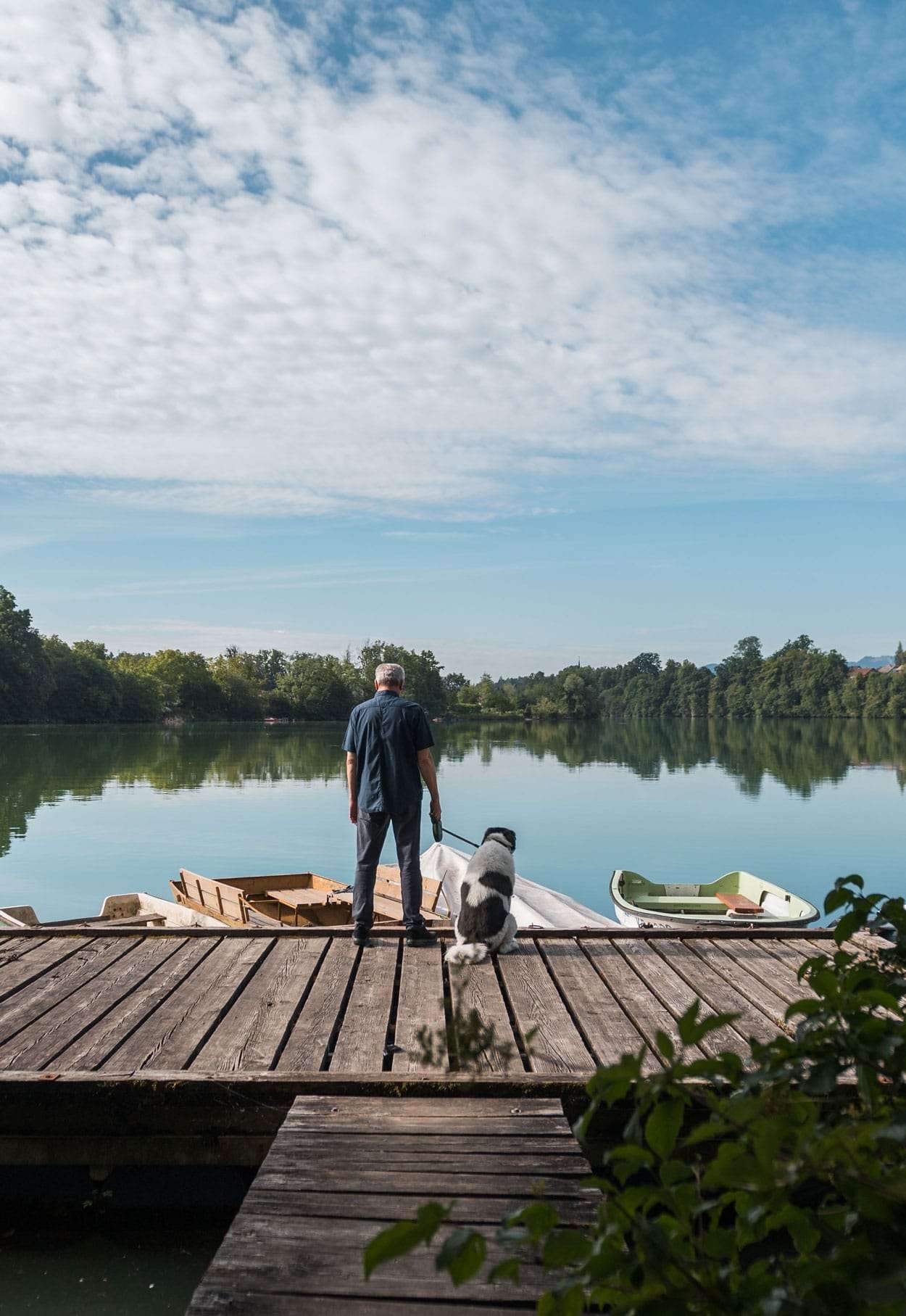
Of course, I’m not only career oriented. My family always comes first.
My wife, Irene, and I planned everything carefully. We decided to start our life together by getting married and then spent one year without children. Our first child, a son named Gašper, was joined by his sister, Urša, four years later.
I always loved including my children in my projects and creative work, and neither were in short supply.
Besides working with people, I’m also very good at working with wood, steel, and stone. I’m a builder, I make model airplanes, mosaics, and I go sailing. In my student years, I dedicated my free time to building my house, instead of travelling and other normal student activities. My parents helped me out a bit, but I did the majority by myself.
I’m a great lover of small amounts of fine wine and good, wholesome food, as well as family jokes and funny stories.
Currently, I like to spend my free time outdoors in the faithful company of my four-legged friends, Paco and Melvin. Every day I make an effort to be creative, to do at least one drawing or illustration. I use coloured pencils, watercolours, and water-based ball-point pens that flow together wonderfully when you touch the lines with a wet brush.
People often ask me whether my job is, in fact, about raising children, or more about raising parents.
Usually, parents only want to focus on the problems connected with their children. But I can offer the most help by advising the parents on how to change their approaches and attitude. And this is what accomplishes change.
Do you believe me when I say it’s easier working with children than with parents? You’re already set in your ways—in your old habits and excuses. If improving your parenting skills isn’t your top priority, then change will be very difficult.
But if your children’s happiness and success are indeed your top priority, you can move mountains! You can root out even the most ingrained habits—set better examples, become more supportive, a better leader, and a better communicator. Each and every one of these things mean positive change for your children.
You, the parents, are the thermostat of the family. You are the centre of the universe—not your children.
They travel in orbit around you. You are the first ones who must take the initiative to change, to start something new. And your children will follow your example.
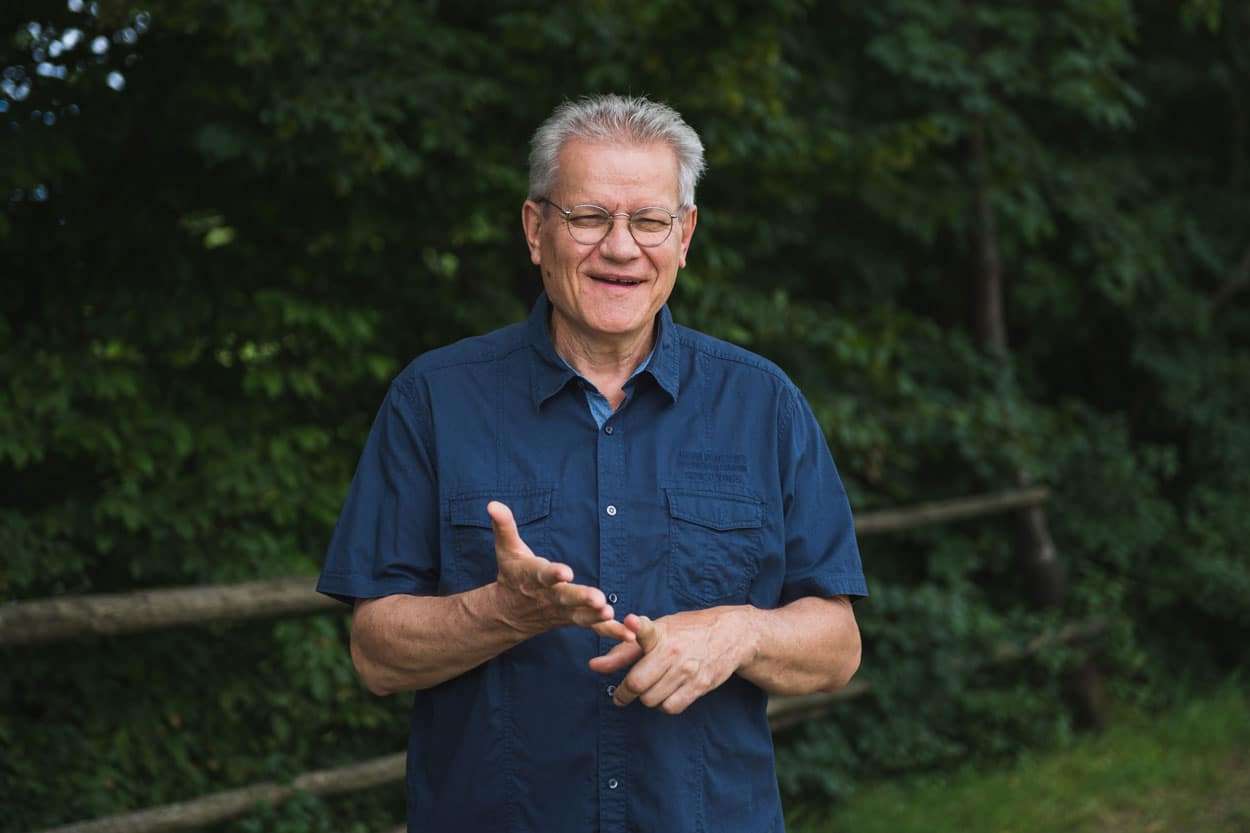
Respecting your children is vital. From their very first day in this world, they deserve respect, dignity, patience, and sincerity from their parents and other adults.
Yet because they are so small and inexperienced, their rights are often violated. But what does it mean to respect your child? It means you have to wait!
Wait for them to finish talking, wait for them to think of their own solution, trust them to do things well. Don’t hover over them, giving them microinstructions for every tiny thing they do, as if they’re completely incapable.
Respectful parenting means finding topics and examples your children can relate to, and explaining things with patience. Let them reach their own conclusions. This is the most effective path towards long-lasting change.
I can give you some great advice from personal experience.
When I was a young boy, our teacher started on the topic of personal hygiene. He asked us to hold out our hands and inspected our nails.
We were in 5th grade at the time. Some of the girls were already more developed than us boys, and we had noticed. The teacher told us that girls always look at boys’ hands first, to see if they’re clean and tidy.
We all hid our hands behind our backs. We understood immediately. Since then, I’ve never left the house without checking my hands.
Your children must also experience these “Aha!” moments and reach their own conclusions. It is much more respectful, logical, and long-lasting than lecturing them and going on and on.
Lengthy explanations and instructions simply go in one ear and out the other.

None of the techniques work in every situation. People are shocked when I tell them to start with my book about punishments. “But, why?! There’s no way I’m punishing my child!”
Well, I’m sorry to say, there’s no way around it. Like when you have a dog—and excuse me for comparing children and dogs, but for certain examples the comparison is fitting.
If you train a dog only using treats, positive encouragement, and clickers, they’ll behave fantastically at home. But what happens when you leave the house without a lead, and your dog sees a squirrel?
Will they respond to your clicker then and override their innate instincts to chase, hunt, run, and have fun?
In the case of today’s children, the “squirrel” has become the smartphone. The lure is too strong, and they won’t be able to resist for long. And if they go too far, you must be ready to restrict its use, remove it, or even ban it.
Let’s examine this example: trying to lose weight. If you have chocolate in your cupboard, it’s a constant temptation—one you won’t be able to resist for long. If you wish to succeed, you have to remove temptation entirely.
Your children will definitely encounter other “squirrels” besides smartphones, and that’s why one method can’t be suitable for every situation.
And what about healthy common sense? Does it have a place in parenting? Should we listen to our intuition?
That depends, of course, on our own experiences, on what our parents were like when we were young.
And in any case, if you find yourself in an unfamiliar situation, are you sure you’ll know how to use an unfamiliar technique?
But if you choose a technique, a parenting strategy, that feels natural to you, you’ll use it spontaneously and often. This is much more useful in the upbringing of your children than trying to make yourself use “artificial” methods that don’t feel natural.

Something you’ll notice in my books, lectures, and courses is that I strongly discourage having family meetings to lecture your children and vehemently tell them and explain to them how they should behave.
I always say: use parenting methods while you’re doing things with your children, through activity and through conversation. It isn’t always a bad thing not to be 100% focused on each other.
You see, when your children’s hands are occupied, for example, playing with wood blocks, digging, picking flowers, drawing . . . they can’t use them to form that typical defensive barricade.
And I don’t mean a real, physical barricade, but a figurative one that selectively lets through only certain pieces of information and emotions. Without it, they’ll talk much more freely, and they’ll hear everything you say.
They won’t feel attacked or in the spotlight, or as if everyone is waiting for them to make a mistake.
They won’t feel pressured by thinking you’re waiting for them to say exactly the right thing.
Conversations that take place while doing things together are more peaceful and help avoid conflict. You can be doing anything—gardening, drawing, making things, mechanical work, work around the house . . .
Include good parenting strategies into your everyday life so that effective parenting becomes second nature and encompasses all aspects of your family life. Suddenly, it won’t take any extra time or effort.
I’m very aware of the fact that life today is different from life in the past. We have less and less time and more and more obligations. And extreme pressure is being put on both parents and children.
And because I wanted to combine my knowledge with modern technology and the needs of families today, I’ve joined efforts with the team at StrategicParenting.com.
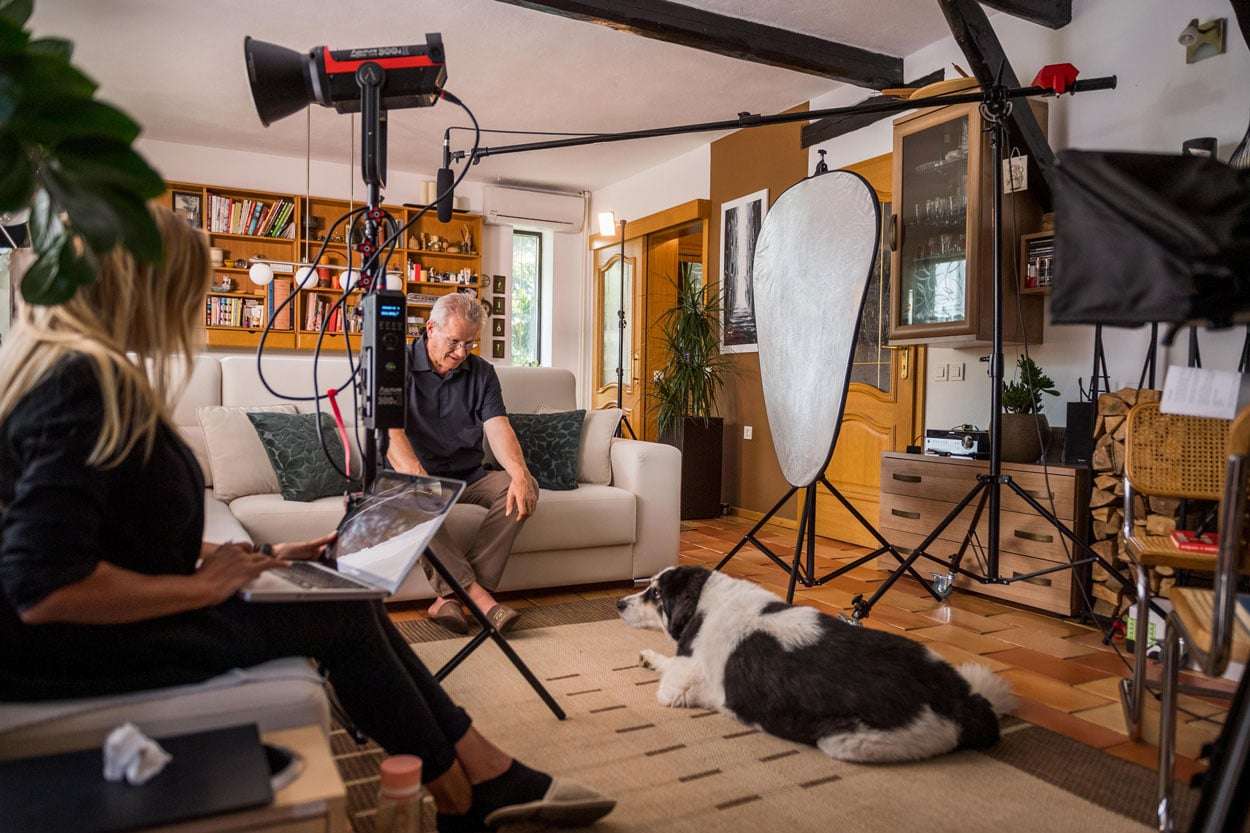
My newest project is collaborating with StrategicParenting.com. With their help, I’ve been able to combine my knowledge and expertise with modern technology.
Technology that has become necessary to adapt to the drastic changes that affected all our lives at the beginning of 2020.
Live lectures and home visits weren’t an option anymore, so I had to find other ways to continue helping people. I found the solution with StrategicParenting.com and their online platforms.
In this spirit, many online parenting courses, e-books, and challenges are now accessible all over the world.


